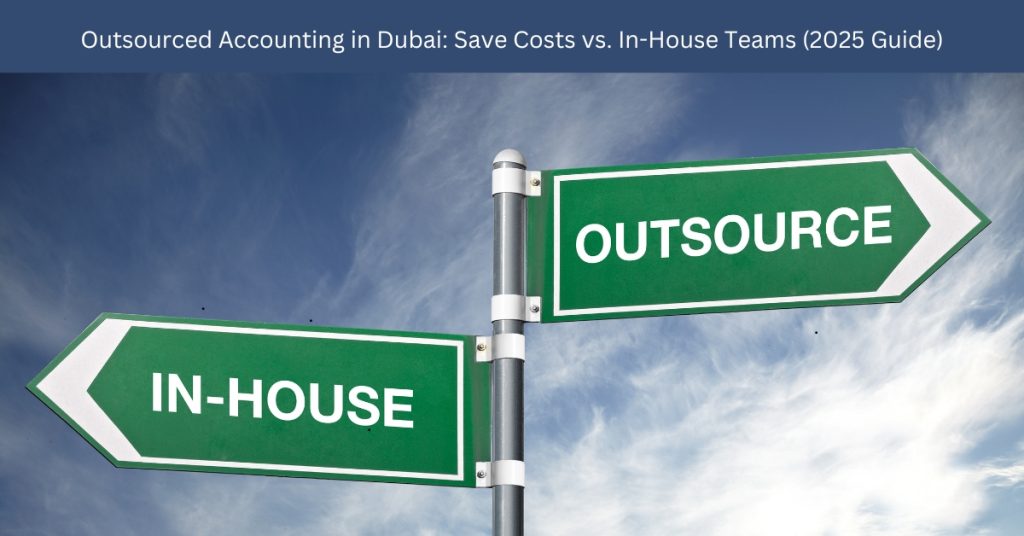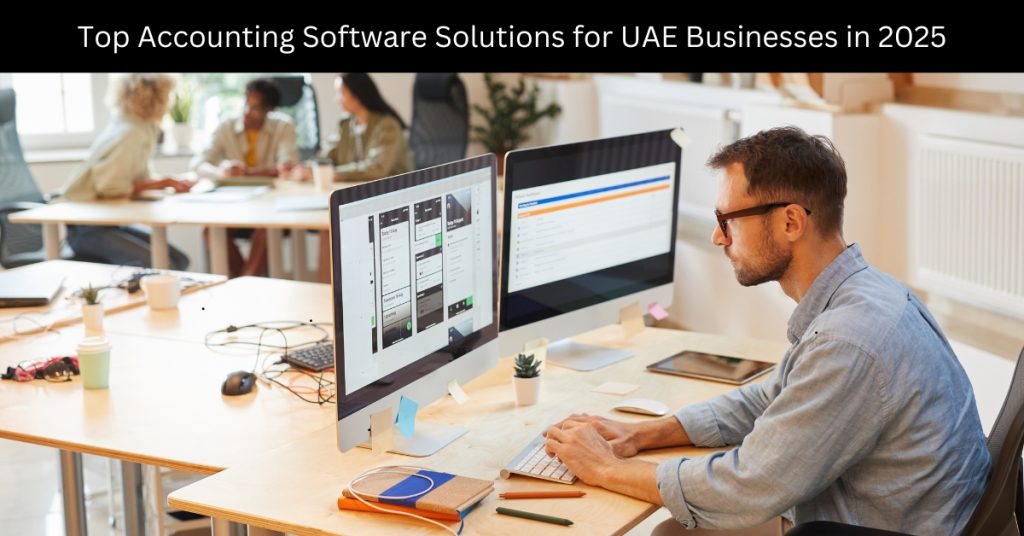Managing finances efficiently is vital for small business success, but traditional accounting methods like spreadsheets and desktop software often create unnecessary complexity and delays.
Cloud accounting offers a modern solution by enabling businesses to access financial data online in real time, automate repetitive tasks, and collaborate with teams or accountants seamlessly.
In this article, we explore the core benefits of cloud accounting for small businesses—ranging from cost savings and compliance to flexibility, security, and sustainable operations.
Key Takeaways!
| Benefit | Why It Matters for Small Businesses |
|---|---|
| Real-Time Financial Insights | Access updated financial data instantly for informed decision-making. |
| Accessibility & Flexibility | Manage your business from anywhere using any device with internet access. |
| Streamlined Collaboration | Work with your team and accountant simultaneously in a shared platform. |
| Time-Saving Automation | Automate invoicing, expense tracking, and reconciliations to reduce manual work and errors. |
| Seamless Integrations | Connect accounting tools with CRM, payroll, inventory, and project management systems. |
| Scalability for Growth | Easily scale features as your business expands without changing core software. |
| Robust Security & Reliability | Benefit from encrypted data, regular backups, and multi-factor authentication. |
| Cost Efficiency | Save on software, IT infrastructure, and updates with a flexible subscription model. |
| Regulatory Compliance | Stay compliant with tax laws through built-in features and proactive alerts. |
| Eco-Friendly Approach | Reduce paper usage and support sustainable, digital-first business operations. |
What Is Cloud Accounting? A Simple Overview
Cloud accounting refers to using online software to record, track, and manage your financial data. Think of it as internet banking for your entire business—you can access your accounting data anywhere, anytime, as long as you have an internet connection.
Unlike traditional systems that require installation on a specific computer, cloud accounting stores your data securely on remote servers (also known as “the cloud”). This means:
-
No manual software updates or patches
-
No local backups required
-
Seamless access across multiple devices
You’re no longer tied to one location or dependent on a single device to manage your financial records.

How Cloud Accounting Works Behind the Scenes
Cloud accounting platforms operate on a subscription-based model, allowing small businesses to pay monthly or annually for access.
Here’s a quick breakdown of how it works:
| Feature | Description |
|---|---|
| Access | Via web browser or mobile app |
| Bank Integration | Automatically pulls transactions from connected accounts |
| Data Storage | Secure cloud servers managed by the software provider |
| Updates | Automatic and included in the subscription |
| Multi-User Collaboration | Team members and accountants can work together in real time |
| Integration with Other Tools | Syncs with CRMs, payroll, eCommerce platforms, and more |
By automating data syncing, these tools reduce manual entry and give you a clear, real-time picture of your finances.
Game-Changing Advantages for Small Businesses
A. Real-Time Financial Visibility
One of the standout benefits of cloud accounting is instant access to up-to-date financial information. This empowers you to:
-
Track cash flow and expenses as they happen
-
Make faster, informed decisions
-
Monitor unpaid invoices and upcoming bills
-
Use customizable dashboards to visualize key metrics
Having a real-time view of your finances means fewer surprises and better financial control.
B. Accessibility & Flexibility Anywhere
Whether you’re working from the office, a café, or your home, cloud accounting gives you unmatched flexibility:
-
Access data on a laptop, tablet, or smartphone
-
Keep your business running even while traveling
-
Check reports or send invoices on the go
This flexibility is invaluable for remote teams and modern entrepreneurs who aren’t tied to a desk.

C. Seamless Collaboration
Cloud platforms make it easy to work with your accountant, bookkeeper, or internal team. You can:
-
Share access with multiple users
-
Set permission levels to control who sees what
-
Avoid version conflicts by working on the same data simultaneously
This eliminates the need to email spreadsheets back and forth or schedule physical meetings for financial reviews.
D. Time-Saving Automation
Automation is a core benefit of cloud accounting. These systems can handle routine tasks like:
-
Recurring invoicing
-
Expense categorization
-
Payroll calculations
-
Tax reporting and VAT filing
-
Bank reconciliation
By reducing repetitive work, cloud accounting saves you hours each week and drastically minimizes human error.
E. Integration with Business Tools
Most platforms offer API-based integrations with essential business software:
-
CRM (Customer Relationship Management)
-
Payroll and HR systems
-
Inventory management
-
eCommerce platforms (like Shopify or WooCommerce)
-
Project management tools
This creates a connected ecosystem where your financial data flows seamlessly across departments.
F. Scalability to Match Growth
As your business evolves, so do your accounting needs. Cloud accounting solutions are:
-
Scalable—add users, features, or modules as needed
-
Adaptable—access advanced reports, forecasting, or multi-currency tools
-
Cost-effective—you don’t need to overhaul your system every time you grow
You can scale up without disrupting your workflow or investing in expensive infrastructure.

Keeping Data Safe: Security & Reliability
One of the most common concerns about cloud solutions is data security—but in most cases, cloud accounting is actually more secure than traditional methods.
Top-tier cloud accounting platforms offer:
-
Data encryption during transfer and storage
-
Multi-factor authentication to prevent unauthorized access
-
Regular backups and redundancy to protect against data loss
-
Firewall and anti-malware protections
-
Access logs and activity tracking for transparency
Since your data is stored off-site, it remains safe even if your laptop is lost, stolen, or damaged. These platforms also follow strict compliance standards and store data on geo-redundant servers.
Budget-Friendly: Cost Benefits for Small Businesses
Cloud accounting is a cost-effective alternative to traditional software and in-house systems. Here’s why:
-
No large upfront licensing fees
-
Subscription-based pricing—pay only for what you use
-
No need for in-house servers or IT support
-
Automatic updates and maintenance included
-
Eliminates expensive backups and upgrades
For small businesses, this means better control over cash flow and reduced overhead expenses.

Supporting Compliance & Accuracy
Cloud accounting platforms come with built-in compliance tools that help you:
-
Stay updated on changing tax laws and filing deadlines
-
Automate tax calculations and submissions (VAT, GST, etc.)
-
Generate reports required for audits or government filing
-
Set alerts for due dates, financial thresholds, or unusual activity
Additionally, automation helps reduce human error, making your books more accurate and audit-ready.
Driving Eco-Friendly Business Practices
Switching to cloud accounting also supports your company’s sustainability goals:
-
Encourages paperless billing, receipts, and documentation
-
Reduces printing and paper waste
-
Minimizes energy usage from large, on-premise servers
-
Digitized records lower your carbon footprint
By going digital, your small business contributes to a greener planet while improving efficiency.

Transitioning to Cloud Accounting: What to Know
Adopting cloud accounting may seem like a big step, but most platforms are designed for ease of transition. Here’s how to approach it:
-
Choose the right platform based on your industry, size, and features needed
-
Migrate data with the help of built-in tools or expert support
-
Train your team using vendor-provided tutorials or online guides
-
Set user roles and permissions to manage access and security
Need expert help? Many certified accountants and virtual CFOs specialize in cloud-based financial systems and can support your transition.
Conclusion: A Smarter Financial Future Starts in the Cloud
Cloud accounting isn’t just a trend—it’s a practical, forward-looking solution that helps small businesses stay agile, efficient, and in control of their finances.
By offering real-time insights, seamless collaboration, automation, and built-in security, it simplifies financial management and supports smarter decision-making. For small businesses aiming to grow and adapt in a competitive landscape, moving to the cloud is not just beneficial—it’s essential.
FAQs
1. What is cloud accounting and how does it work?
Cloud accounting refers to using internet-based software to manage your financial records. Unlike traditional systems, it stores data on remote servers, allowing access from any device through a browser or app. It also automates tasks like invoicing and bank reconciliation.
2. Is cloud accounting secure for small businesses?
Yes, reputable cloud accounting platforms offer advanced security features such as data encryption, firewalls, and two-factor authentication. Data is regularly backed up and stored off-site, ensuring protection even in case of hardware failure or loss.
3. What are the cost benefits of cloud accounting?
Cloud accounting reduces costs by eliminating the need for expensive hardware, software installation, and manual updates. Subscription models allow you to pay only for what you use, offering predictable pricing and scalability as your business grows.
4. Can cloud accounting help with tax compliance?
Absolutely. Most cloud accounting platforms include tools to track taxes, generate reports, and stay updated with regulatory changes. Automation reduces errors and keeps your financial records aligned with tax requirements.



